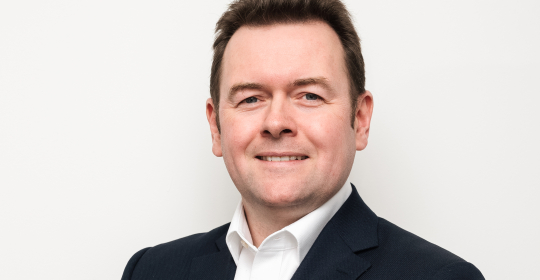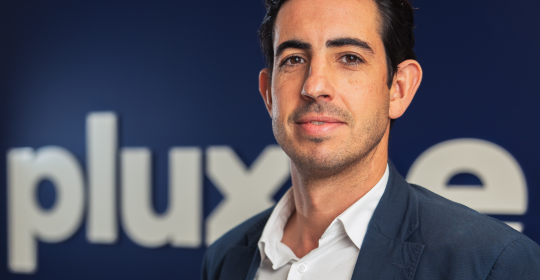Get as much information before you meet a candidate
The last thing you want to do is to spend an hour interviewing someone who you realised in the first 5 minutes wasn’t right for the role. This nightmare can easily be avoided if you thoroughly review the candidate before you meet them in person.
For example, rather than doing a quick sense check of a CV, thoroughly read through and pick out any interesting bits that you can discuss in more detail later. It might take more time, but it’s worth it in the long run when you've got the right hire.
Online skills assessments are a great way to find out lots of useful information about the candidates. I set questions to assess both technical ability and interpersonal skills, so a mixture of code challenges, technical knowledge and competency-based questions. Technical testing gives me the confidence that they can do the job, and in the interview, I can spend more time on the why and how.
If you want to find a good fit for your team you need to understand who they are and what makes them tick, so take the time to find out more about them before the interview so you can ask them the more interesting, telling questions.
Be transparent and honest
Being transparent about expectations from the start means you can avoid wasting time when there are discrepancies further down the line. A vital step in the process is checking what the candidate is looking for matches the vacancy I'm trying to fill. Also, from having had experience of being both sides of the table, I strongly believe salary expectations should be discussed at the start, not at the end when it usually is. In my experience as a candidate, I made it through to the final interview but found out they couldn't meet my salary expectations. This was a huge waste of time for both myself and the company, which could have easily been avoided if discussed earlier.
It's also important to give candidates honest feedback when they’re not successful. If they've spent time in assessments and interviews with you, you should be upfront with why it didn't work.
Don’t just hire for the sake of hiring
"We need to hire 5 developers", if you need to fill a certain number of roles then you’re bound to compromise on quality. I would much rather not hire at all than hire badly, which isn’t always doable but bad hires can be more costly than they can do good. If you don’t hire quality candidates, then it can take the team more time to pick up the pieces fixing their mistakes. Having high standards ensures you only accept those who are truly right for the role and the team, which can sometimes mean not hiring at all.
Be open-minded
Be open-minded about what you're looking for, as I’ve found it to be the key to finding exactly what you need. Don't look for specific skills or experience, focus on fundamentals and transferrable skills. It’s important to remember people are the product of the place they have worked, they only have the specific skills they acquired there, but that’s not necessarily all they are capable of. Someone who has various skills across the board may be able to bring something to the team you didn’t know you needed.
I've found that when a tick box list of skills approaches has been used to identify talent, it can cut off the right people, so it’s more helpful to maintain a holistic view where possible. In tech especially, the skills you want one year might differ from the next. Stacks are getting reinvented all the time (or at least they should be) for example, 3 years ago you would be hiring for Angular but now it’s all about React. You want people to know the fundamental skills of the technology but it’s more important to find transferable skills and people who can adapt.
Being open-minded could help you find the perfect candidate, but it also means you may need to commit to more training for long term results.
Interpersonal skills are important
Interpersonal skills are just as important, if not more important, than hard skills.
Two heads are better than one when it comes to problem-solving, so the ability to communicate and work with the team to solve problems means you’re finding the best solutions. Finding a creative person to join your team can also bring creative ideas and solutions to your everyday challenges.
I want people who are committed and passionate, not necessarily to the role or the company, but their craft. When looking through CVs or in interviews, I want to find out if they have any side projects or attend any outside events. The tech industry changes so quickly and it can be easy to fall out of the loop.
Have one eye on the future
Succession planning isn’t always a CTO’s top priority when you want to support and retain your current staff. But people inevitably move on, and since you can’t hold on to the same people forever you need to think about your talent pipeline. When a vacancy arises, it can be easy to fall into tunnel vision and try to fill the gap by looking for a clone of what you just had. However, it can be more beneficial if you look at the bigger picture and hire for what the business needs for the future.
Overall, my key learning from my experience of being a CTO is to focus on hiring with intention and aiming for quality over quantity.
Tungl is an online tech assessments platform, helping businesses to find their tech talent faster.






